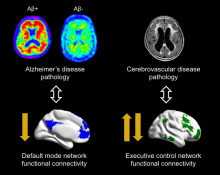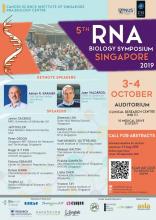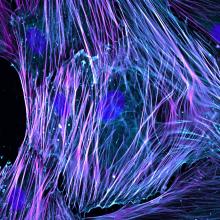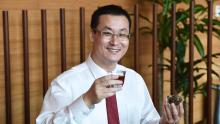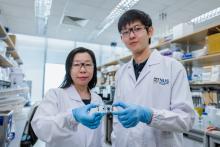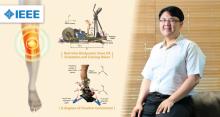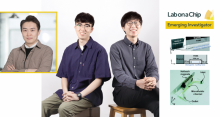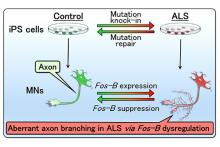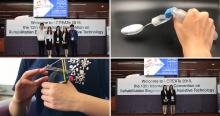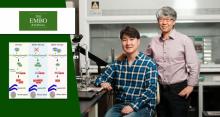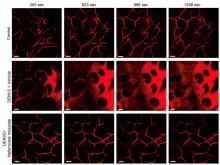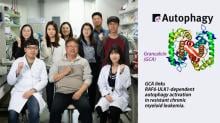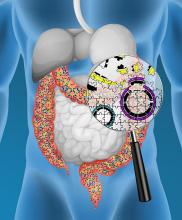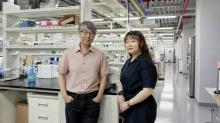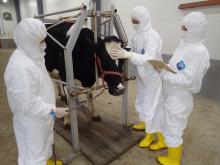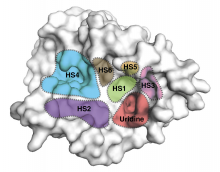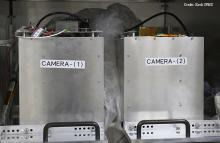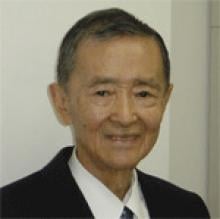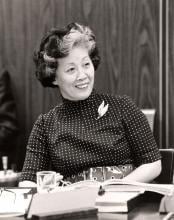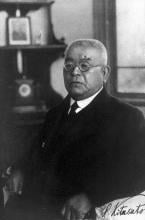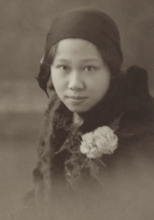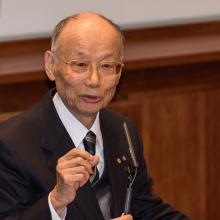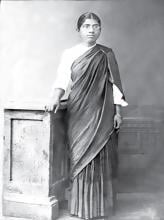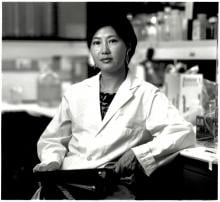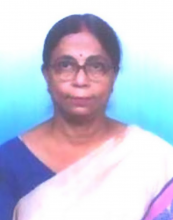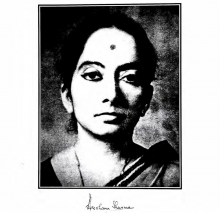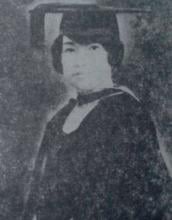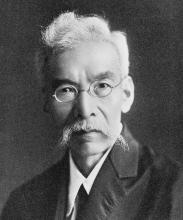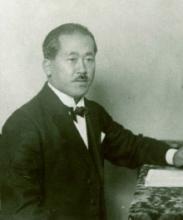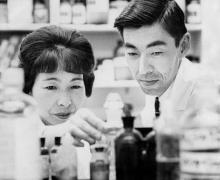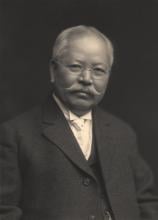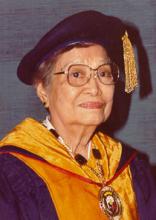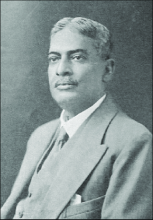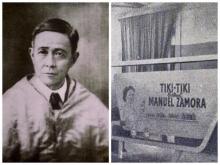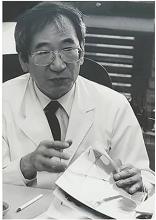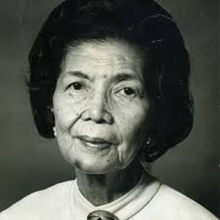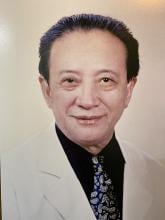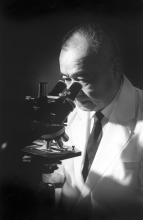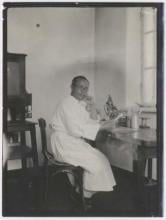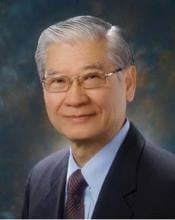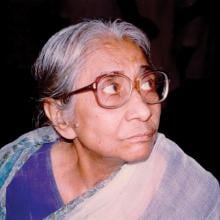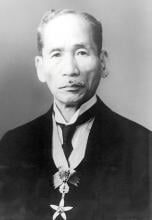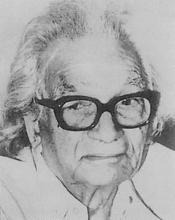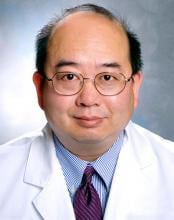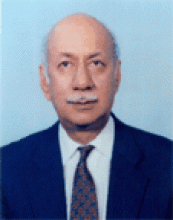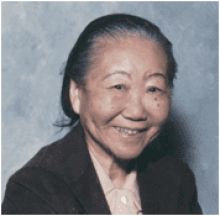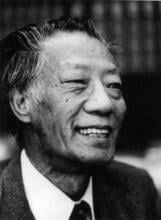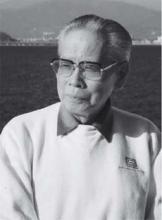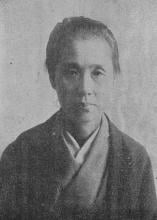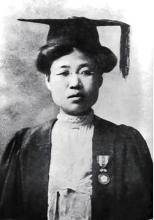Medicine
News
17 Sep 2019
Last Call - Online Registration deadline - 20 September 2019
12 Sep 2019
The formation of excess fibrous tissue in the heart, which underlies several heart diseases, could be prevented by inhibiting specific proteins that bind to RNA while its code is being translated.
12 Sep 2019
A recent study led by researchers from the National University of Singapore revealed that regular tea drinkers have better organised brain regions compared to non-tea drinkers.
10 Sep 2019
STAMP technology is a million times more sensitive and comprehensive to accurately detect and classify tumours from a small clinical sample
06 Sep 2019
A recent study, affiliated with South Korea's Ulsan National Institute of Science and Technology (UNIST) has identified the sleep-promoting effects of dietary threonine, as well as its neurobiological principle.
05 Sep 2019
A research team, affiliated with South Korea's Ulsan National Institute of Science and Technology (UNIST) has presented a system that can quantitatively complement the diagnosis of knee arthritis, which was performed only by x-ray and doctor’s judgment.
04 Sep 2019
15% off prevailing conference rates when you register with Asia Research News promo code!
04 Sep 2019
The academic journal Lab on a Chip has selected UNIST Professor Joo Hun Kang as an Emerging Investigator in 2019.
03 Sep 2019
A research collaboration based in Japan has found a new pathological mediator of amyotrophic lateral sclerosis (ALS), which could have further implications for understanding the molecular breakdown that gives rise to the neurodegenerative disease that affects nearly half a million people around the world.
02 Sep 2019
Two teams of Occupational Therapy students from The Hong Kong Polytechnic University (PolyU) won awards at the 13th International Convention on Rehabilitation Engineering and Assistive Technology (i-CREATe 2019) held in Canberra, Australia. The teams won Gold and Bronze awards in the Design Category of the Global Student Innovation Challenge of i-CREATe.
31 Aug 2019
The Chinese University of Hong Kong (CUHK) will commence clinical trials of Chimeric antigen receptor-T cell (CAR-T cell) therapy, with the first phase targeting patients with haematological malignancy. The plan is to increase the survival rate and prolong overall survival for these patients. To accomplish this goal, CUHK is planning to establish Hong Kong’s first CAR-T cell laboratory licensed with Good Manufacturing Practice (GMP). It is expected to complete construction in 2020 and start clinical trials once the GMP licence is obtained. The research team hopes the therapy can further cover patients with other cancer types in the future.
29 Aug 2019
A recent study, affiliated with South Korea's Ulsan National Institute of Science and Technology (UNIST) has discovered that restoring a gene altered in Down syndrome called the Down syndrome critical region 1 (DSCR1) rescued adult neurogenesis and learning and memory defects in a Down syndrome mouse model (Ts65Dn).
29 Aug 2019
Successfully identified the existence of two types of 'gastric isthmus stem cells' with different roles and characteristics using a multi-color identification technology. Expects to clarify and treat causes of gastric diseases such as cancer.
27 Aug 2019
New study reveals enzyme plays key role in potentially fatal dengue haemorrhagic fever and shock; suggests clinically approved tryptase inhibitor could be key in future targeted treatment.
27 Aug 2019
An international team of researchers, affilated with UNIST has identified a new gene that causes drug resistance against Novartis’s breakthrough cancer drug, Gleevec (Active ingredient: imatinib).
19 Aug 2019
Vision and hearing loss are often perceived to be part of ageing, but a six-year-long national survey of 3,452 Singaporean adults over the age of 60, found that these impairments have much broader consequences for older adults.
19 Aug 2019
A new high-resolution approach using portable DNA sequencers provides a more complete genomic picture of antibiotic resistance in gut bacteria.
16 Aug 2019
The protein that revives injured nerve cells was discovered. It is expected to present a new direction in the development of therapeutic agents for regenerating damaged brain or spinal cord nerves.
13 Aug 2019
UK Research and Innovation and its partners are funding 13 research programs, building collaborations across 10 countries, including Japan, China, Singapore and India.
13 Aug 2019
Exchanging patient information between different healthcare IT systems is critically important, and FHIR is the global industry standard for this.
09 Aug 2019
Chronic stress induces autophagic death of adult hippocampal neural stem cells (NSCs). Expected to offer new opportunities for development of early treatment options for stress-associated brain diseases.
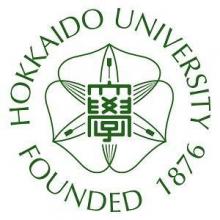
05 Aug 2019
Two known gene mutations induce pathways that enhance pancreatic cancer’s ability to invade tissues and evade the immune system. Researchers report the molecular details of this process providing insights into druggable targets for immunotherapies.
02 Aug 2019
Scientists have succeeded in reducing levels of the bovine leukemia virus (BLV) in cows with severe infections by combining an immune checkpoint inhibitor and an enzyme inhibitor. The finding could be utilized to control other diseases in cattle, and perhaps in humans someday.
02 Aug 2019
Researchers reveal previously undiscovered hot spots on the surface of bacteria’s critical enzyme, which could guide novel approaches to antibiotic design.
26 Jul 2019
Researchers have completed a successful clinical trial to detect and image radioactive tracers used in PET and in SPECT scans at the same time in a patient. It is hoped the method will enable doctors to scan patients for abnormalities in shorter times while reducing the amount of radiation patients would be exposed to.
24 Jul 2019
World Cancer Research Fund (WCRF) is now accepting grant applications for research on the links between diet, nutrition (including body composition), physical activity and cancer, as part of its Regular Grant Programme 2019/2020 cycle.

23 Jul 2019
The InterAcademy Partnership (IAP) released a new report making the case for strengthening the sciencepolicy interface in Africa to accelerate the implementation of the UN Sustainable Development Goals (SDGs) and the African Union’s (AU) STI Strategy for Africa (STISA -2024).
19 Jul 2019
Meet the Key Opinion Leaders

16 Jul 2019
New insight into a protein’s role in regulating tight DNA packing could have implications for combating tumor cell resistance to anti-cancer treatments.
Researchers
Sorry, no researchers coming up for this topic.
- « first
- ‹ previous
- 1
- 2
- 3
- 4
Giants in history
Michiaki Takahashi (17 February 1928 – 16 December 2013) was a Japanese virologist who developed the first chickenpox vaccine.
Irene Ayako Uchida’s (8 April 1917 – 30 July 2013) strides to understand genetic diseases such as Down syndrome paved the way for early screening of chromosomal abnormalities in foetuses.
Baron Kitasato Shibasaburo (29 January 1856 – 13 June 1931) was a Japanese physician and bacteriologist whose work led to a new understanding of preventing and treating tetanus, diphtheria and anthrax.
Maggie Lim (5 January 1913 – November 1995) was a Singaporean physician who promoted family planning and expanded the access to clinics to improve the quality of life for mothers and children in Singapore’s early days.
By isolating soil microorganisms and studying the compounds they produce, Satoshi Omura (born 1935) discovered almost 500 organic compounds with unique properties that were produced by these microorganisms, including many new antibiotics.
The founder of the Adyar Cancer Institute in India, Muthulakshmi Reddy (30 July 1886 – 22 July 1968), fought to uplift women and girls from impoverished situations.
Chinese-American virologist and molecular biologist Flossie Wong-Staal (27 August 1946 – 8 July 2020) was the first scientist to clone HIV and determine the function of its genes.
Maharani Chakravorty (1937 – 2015) was one of India’s earliest molecular biologists whose research paved the way for advances in the treatment of bacterial and viral infections.
Archana Sharma (16 February 1932 - 14 January 2008) conducted research into plant and human genetics that expanded the understanding of both botany and human health. In relation to botany, she uncovered the means by which asexually-reproducing plants evolve into new species.
The first Thai woman to receive a degree in medicine, Margaret Lin Xavier (29 May 1898 – 6 December 1932), is best remembered for her compassion towards her less privileged patients.
In 1915, pathologist Katsusaburo Yamagiwa and his research assistant Koichi Ichikawa became the first to prove that chronic exposure to chemicals can cause cancer.
In 1915, Koichi Ichikawa along with pathologist Katsusaburo Yamagiwa became the first to prove that chronic exposure to chemicals can cause cancer.
Husband and wife team, Kimishige (3 December 1925 – 6 July 2018) and Teruko Ishizaka (28 September 1926 – 4 June 2019) discovered the antibody class Immunoglobulin E (IgE) that triggers allergic reactions. They also discovered that IgE antibodies attach to white blood cells, known as mast cells, releasing histamine, which causes allergic reactions.
Husband and wife team, Kimishige (3 December 1925 – 6 July 2018) and Teruko Ishizaka (28 September 1926 – 4 June 2019) discovered the antibody class Immunoglobulin E (IgE) that triggers allergic reactions. They also discovered that IgE antibodies attach to white blood cells, known as mast cells, releasing histamine, which causes allergic reactions.
Japanese chemist Takamine Jokichi (3 November 1854 – 22 July 1922) founded the Tokyo Artificial Fertilizer Company, where he isolated a starch-digesting enzyme (named takadiastase) from the fungus Aspergillus oryzae.
Ground-breaking cancer researcher Kamal Jayasing Ranadive (8 November 1917 – 11 April 2001) advanced the understanding of the causes of leukaemia, breast cancer and oesophageal cancer through the use of animal models. She was also among the first to recognise how susceptibility to cancer is linked to tumour-causing interactions between hormones and viruses.
The research of Filipino pharmaceutical chemist Luz Oliveros-Belardo (3 November 1906 – 12 December 1999) focussed on essential oils and other chemicals derived from native Philippine plants.
Thai physician and conservationist Boonsong Lekagul (1907 – 1992) made major contributions to the preservation of his country’s wildlife.
Indian scientist and physician Upendranath Brahmachari (19 December 1873–6 February 1946) is best known for creating a drug called Urea Stibamine, used to safely and reliably treat visceral leishmaniasis (or Kala-azar), a severe infection caused by the Leishmania parasite.
Filipino chemist and pharmacist Manuel A. Zamora (29 March 1870 – 9 July 1929) is best remembered for his discovery of the tiki-tiki formula to combat beriberi, a disease caused by Vitamin B1 deficiency.
Korean parasitologist Seung-Yull Cho (16 November 1943 – 27 January 2019) is remembered largely for his pioneering works to control infections caused by helminthic parasites and his contribution to journal publishing.
Fe Villanueva del Mundo (27 November 1911 – 6 August 2011) was a Filipina paediatrician who founded the Philippines’ first paediatric hospital.
After witnessing death and suffering as a youth in his home village during World War II, Nguyễn Tài Thu (6 April 1931 – 14 February 2021) set his sights on alleviating pain by becoming a doctor. After studying Traditional Chinese Medicine in China in the 1950s, Thu returned to Vietnam to serve in military hospitals. Eventually, he became the country’s foremost practitioner of acupuncture, a technique he first learned by inserting needles into himself.
Minoru Shirota (April 23, 1899 – March 10, 1982) was a Japanese microbiologist who invented the popular fermented drink Yakult.
Wu Lien-teh (10 March 1879 – 21 January 1960) was a Malaysian-born doctor who invented a mask that effectively suppressed disease transmission. Winning the prestigious Queen’s Scholarship enabled Wu to become the first Chinese student to study medicine at the University of Cambridge.
David T. Wong (born 1936) is a Hong Kong-born American neuroscientist who is best known for discovering the antidepressant drug fluoxetine, better known as Prozac.
Indian organic chemist Asima Chatterjee (1917 to 2006) studied the medicinal properties of plant products, especially compounds known as vinca alkaloids.
Chika Kuroda (24 March 1884 – 8 November 1968) was a Japanese chemist whose research focussed on the structures of natural pigments.
Umetaro Suzuki (7 April 1874 – 20 September 1943) was a Japanese scientist best remembered for his research on beriberi, a disease caused by vitamin B1 deficiency, characterized by limb stiffness, paralysis and pain.
Salimuzzaman Siddiqui (19 October 1897 – 14 April 1994) was an artist and chemist from Pakistan whose research focused on natural products from plants.
Barry Paw (29 August 1962 – 28 December 2017) was a biologist and oncologist who discovered several novel genes and their functions in red blood cells.
Syed Qasim Mehdi (13 February 1941 – 28 September 2016) was a Pakistani molecular biologist who was a founding member of the Human Genome Diversity Project (HGDP), which assessed human diversity by studying human migration, mutation rates, relationships between different populations, genes involved in height and selective pressure.
Tsai-Fan Yu (1911 – 2 March 2007) was a Chinese-American physician and researcher who was the first female full professor at Mount Sinai School of Medicine. She discovered that gout, a condition characterized by the painful inflammation of joints, was caused by elevated levels of uric acid in the bloodstream.
Min Chueh Chang (10 October 1908 – 5 June 1991) was a Chinese-American biologist who studied fertilization in mammalian reproduction.
A Japanese surgeon, Tetsuzo Akutsu (20 August 1922 – 9 August 2007) built the first artificial heart capable of keeping an animal alive.
Ogino Ginko (3 March 1851 – 23 June 1913) was the first registered female doctor to practise modern medicine in Japan.
Esther Park (1877-1910), born Kim Jeom-dong, was the first female Korean physician to practise modern medicine in Korea and trained the first generation of Korean female doctors.


